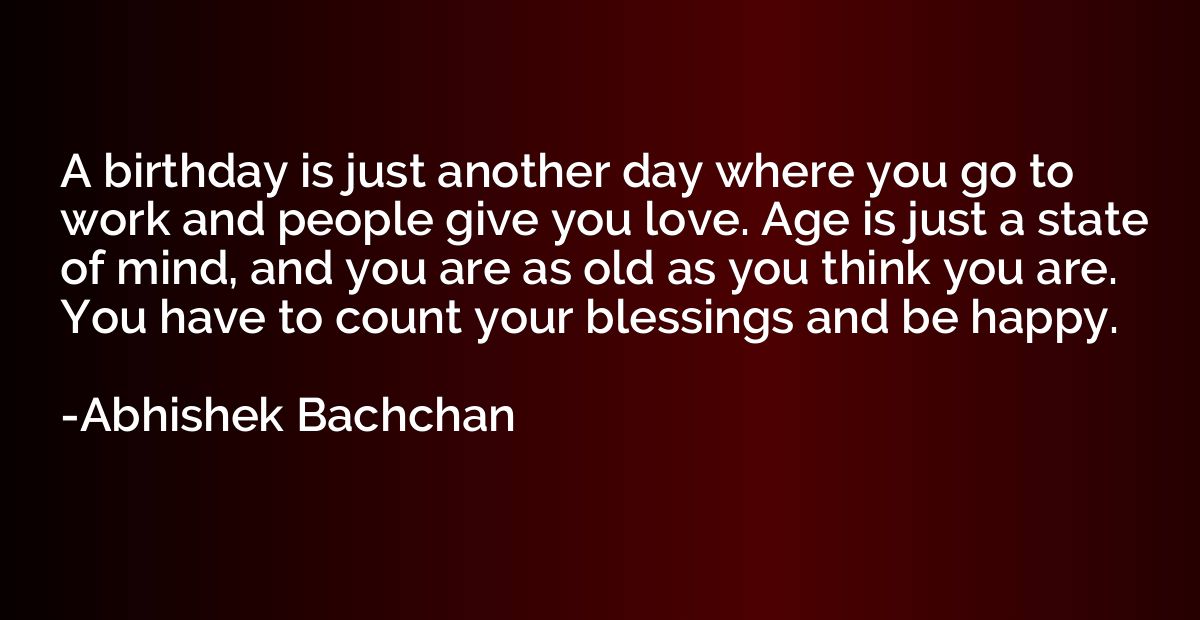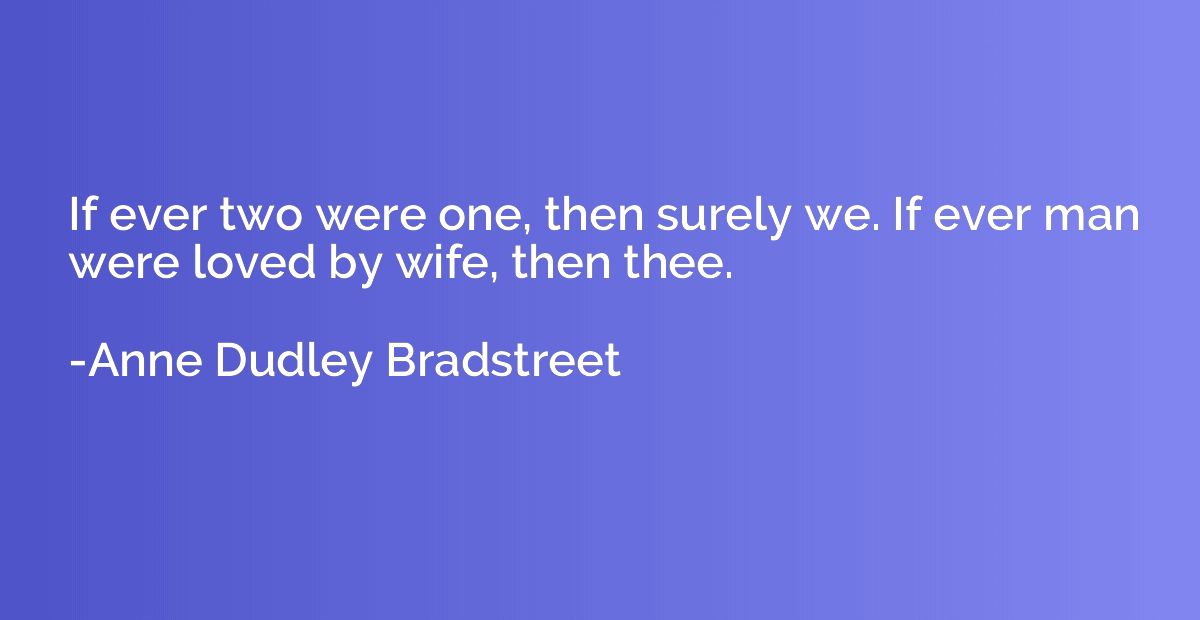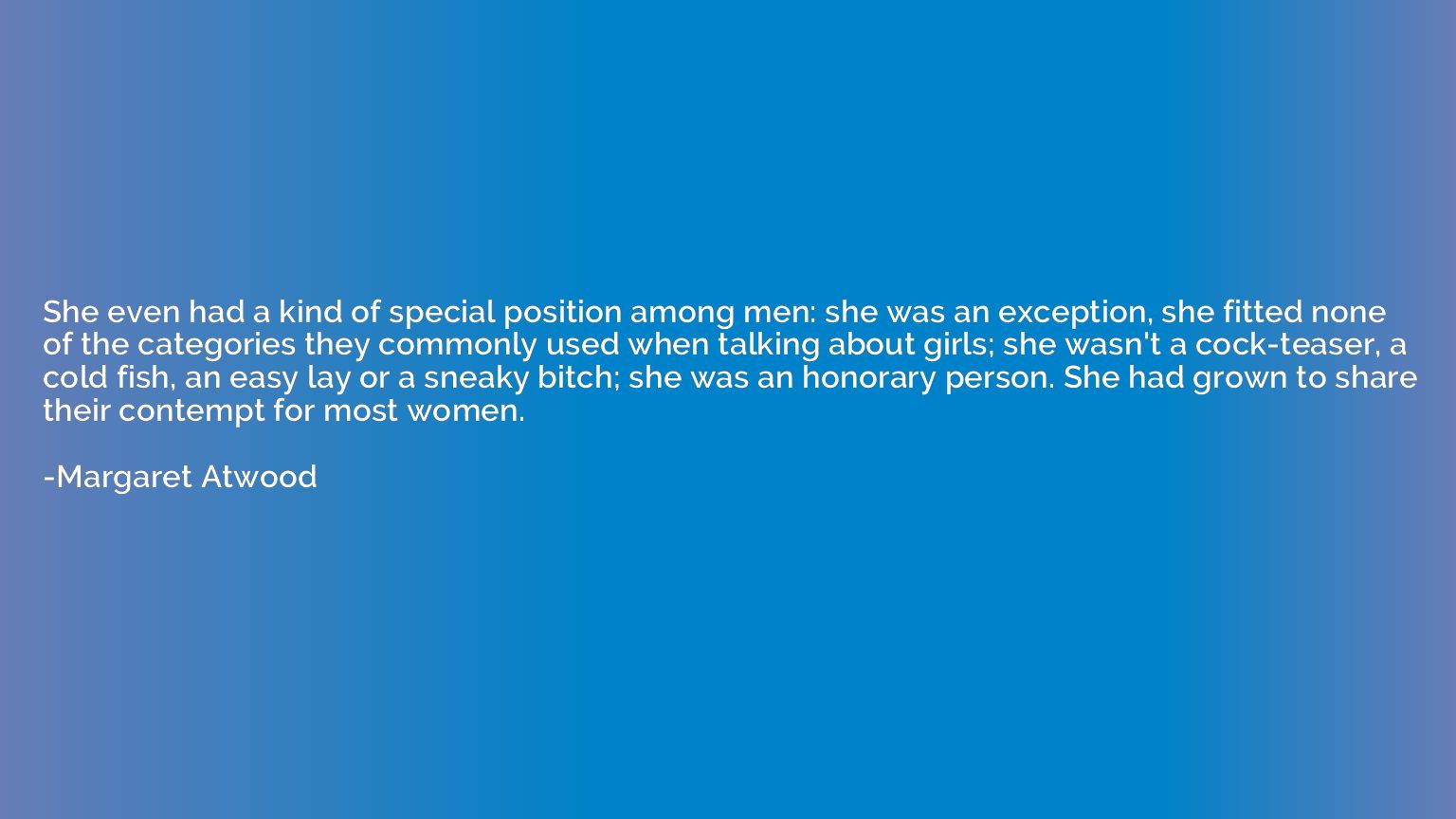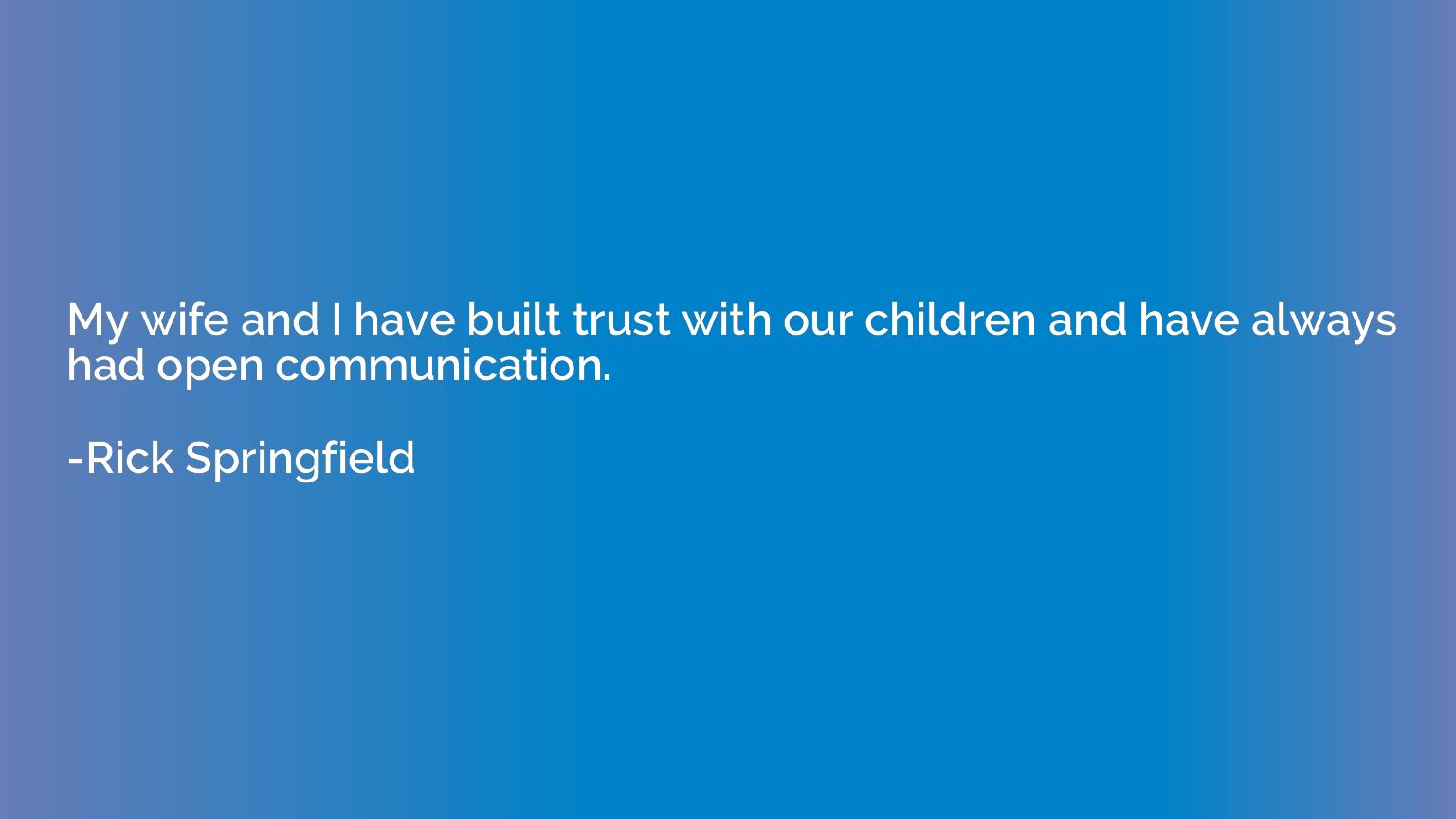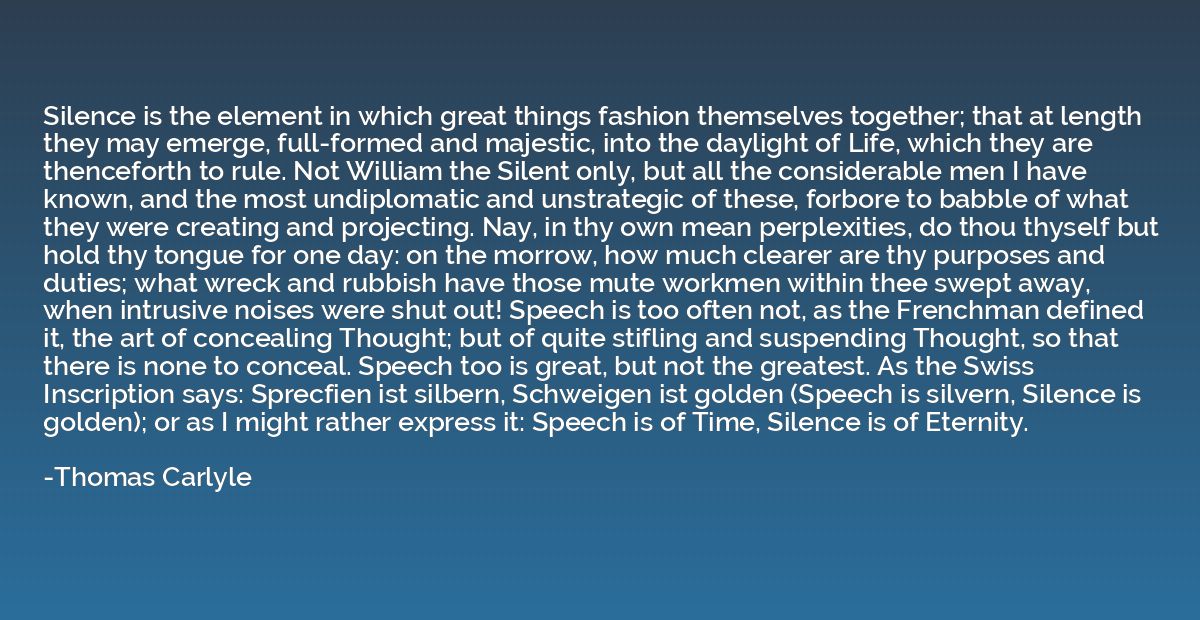Quote by Ronald Reagan
The miracle of life is given by One greater than ourselves, but once given, each life is ours to nurture and preserve, to foster, not only for today's world but for a better one to come. There is no purpose more noble than for us to sustain and celebrate life in a turbulent world, and that is what we must do now. We have no higher duty, no greater cause as humans. Life and the preservation of freedom to live it in dignity is what we are on this Earth to do. Everything we work to achieve must seek that end so that some day our prime ministers, our premiers, our presidents, and our general secretaries will talk not of war and peace, but only of peace.
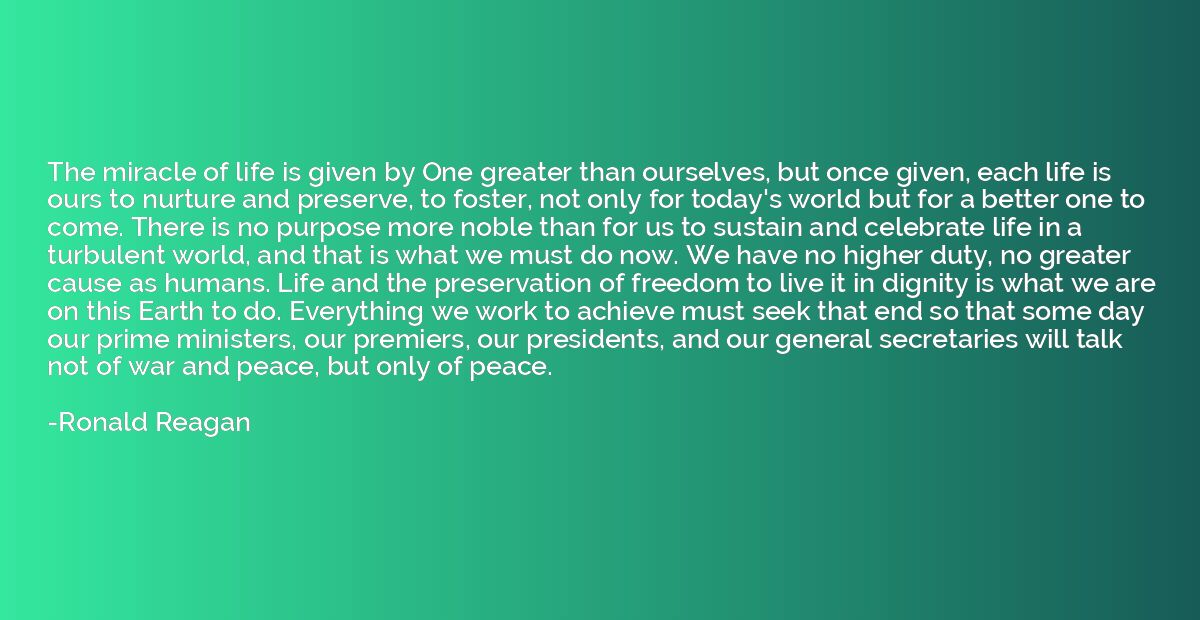
Summary
This quote emphasizes the profound value and responsibility we have towards life. It suggests that the miracle of life is a gift from a higher power, which we should cherish and protect. Our role is to nurture and safeguard life not only for the present generation but also for a brighter future. The quote highlights the significance of sustaining and celebrating life in a world of constant turmoil. It asserts that our ultimate purpose as humans is to preserve life and the freedom to live with dignity. By striving for this goal, a time may come when global leaders will shift their focus solely towards the pursuit and maintenance of peace, leaving behind discussions of war and conflict.



